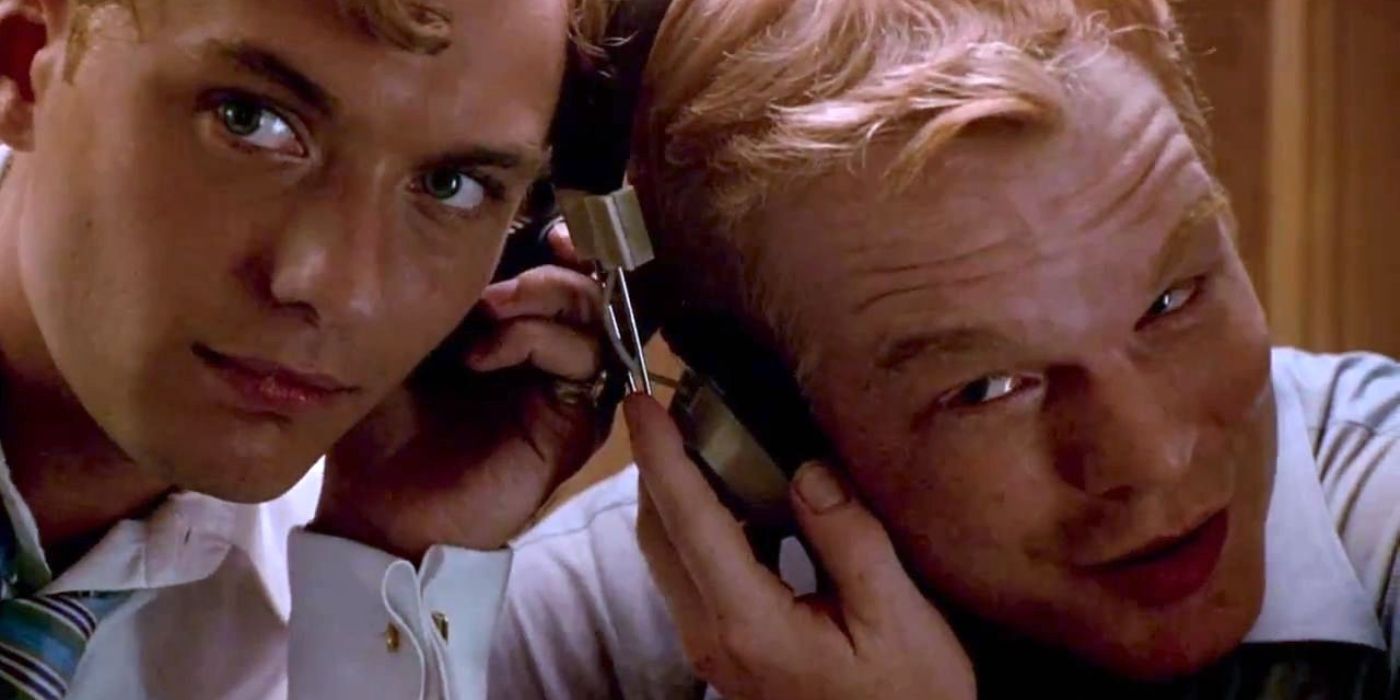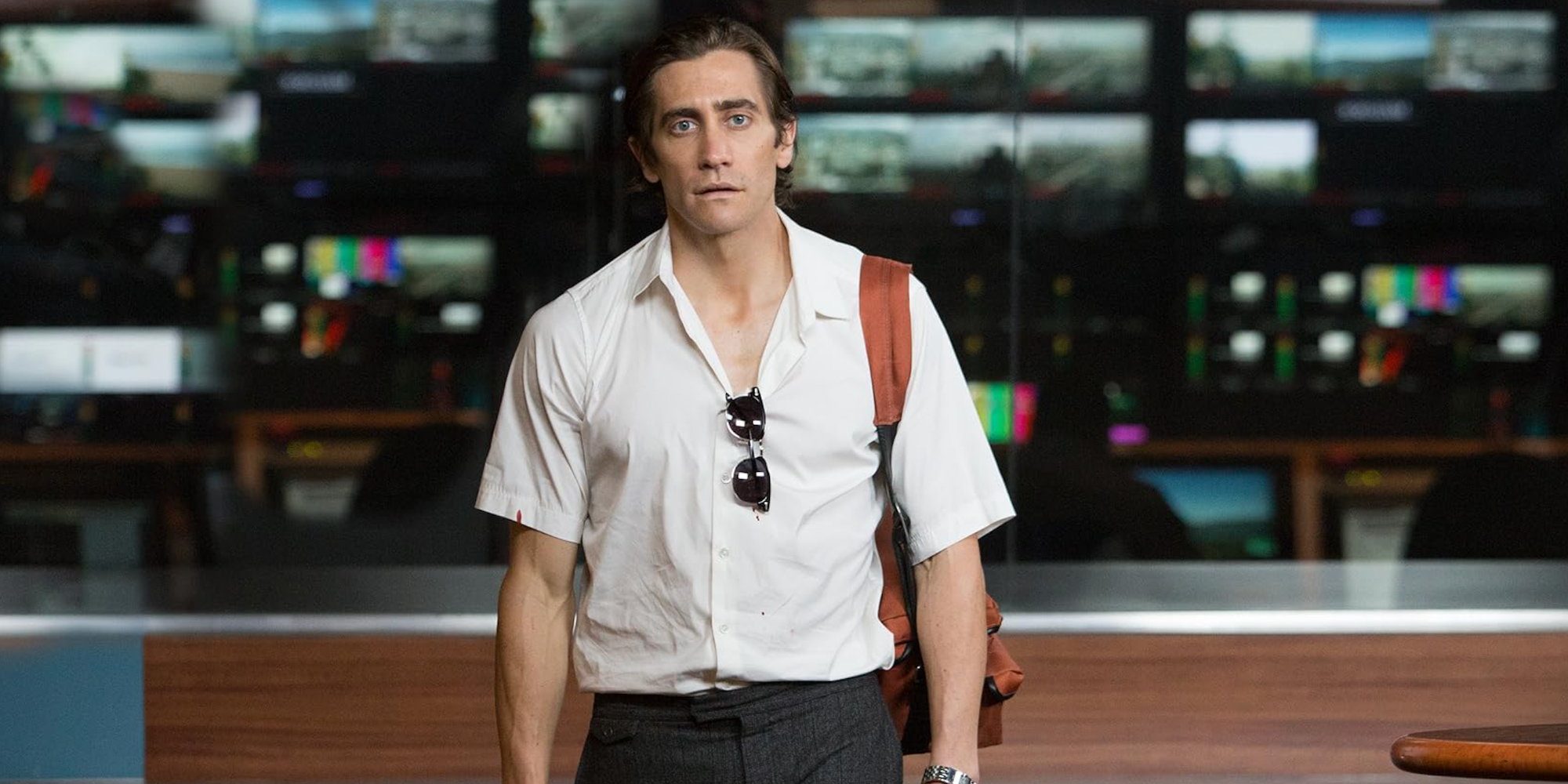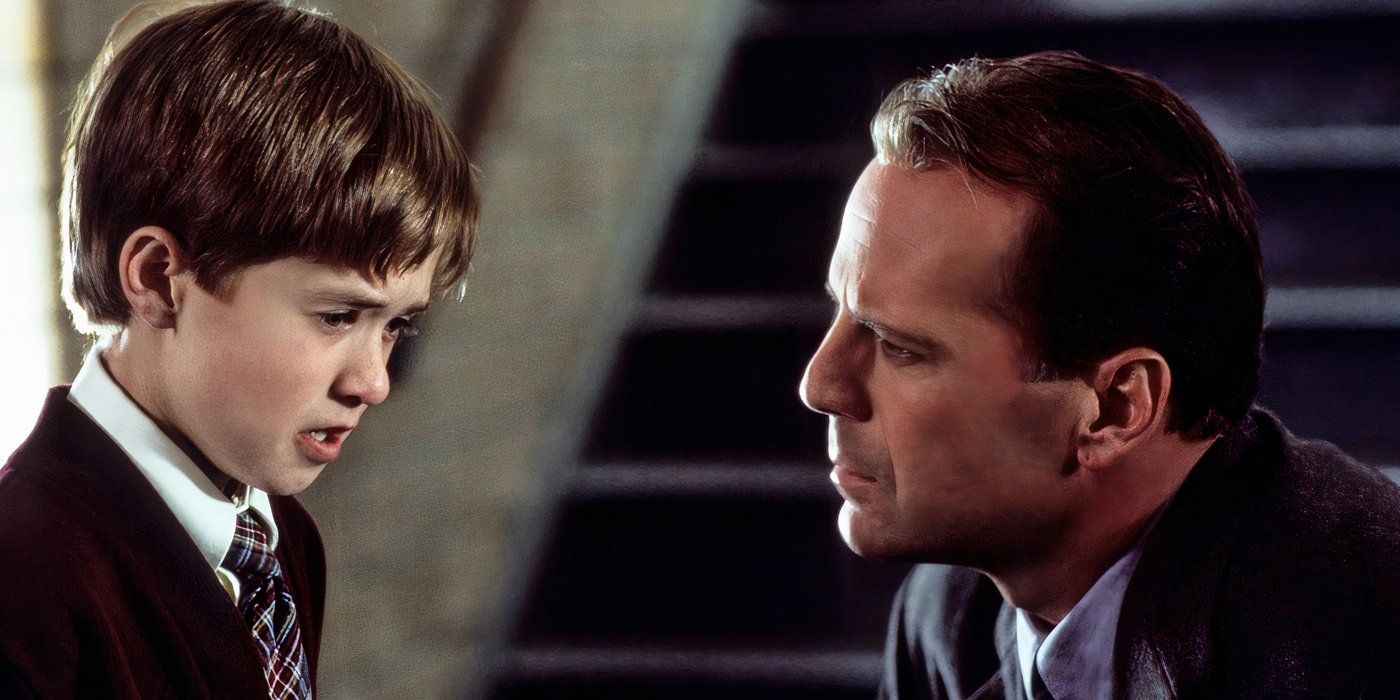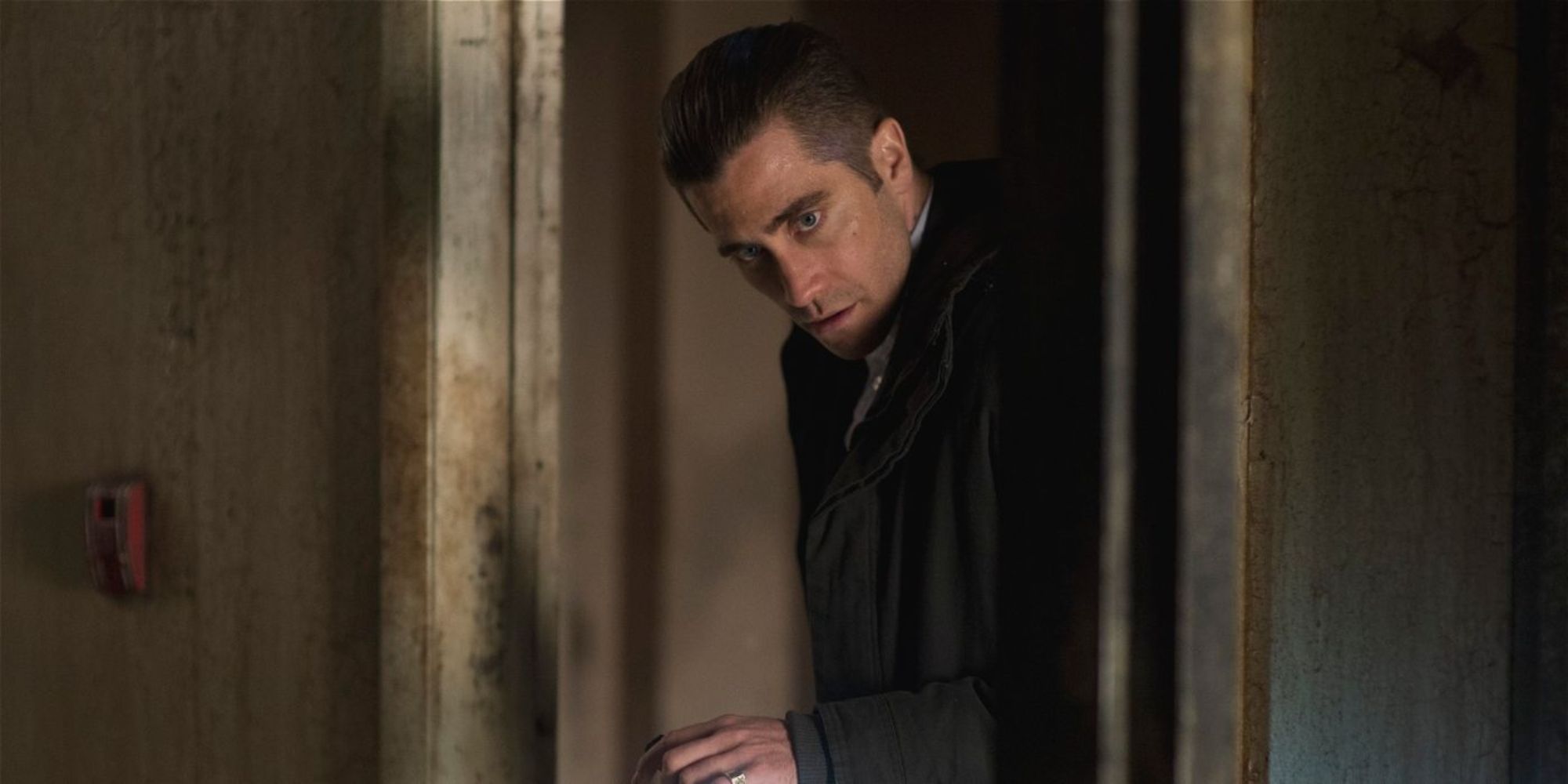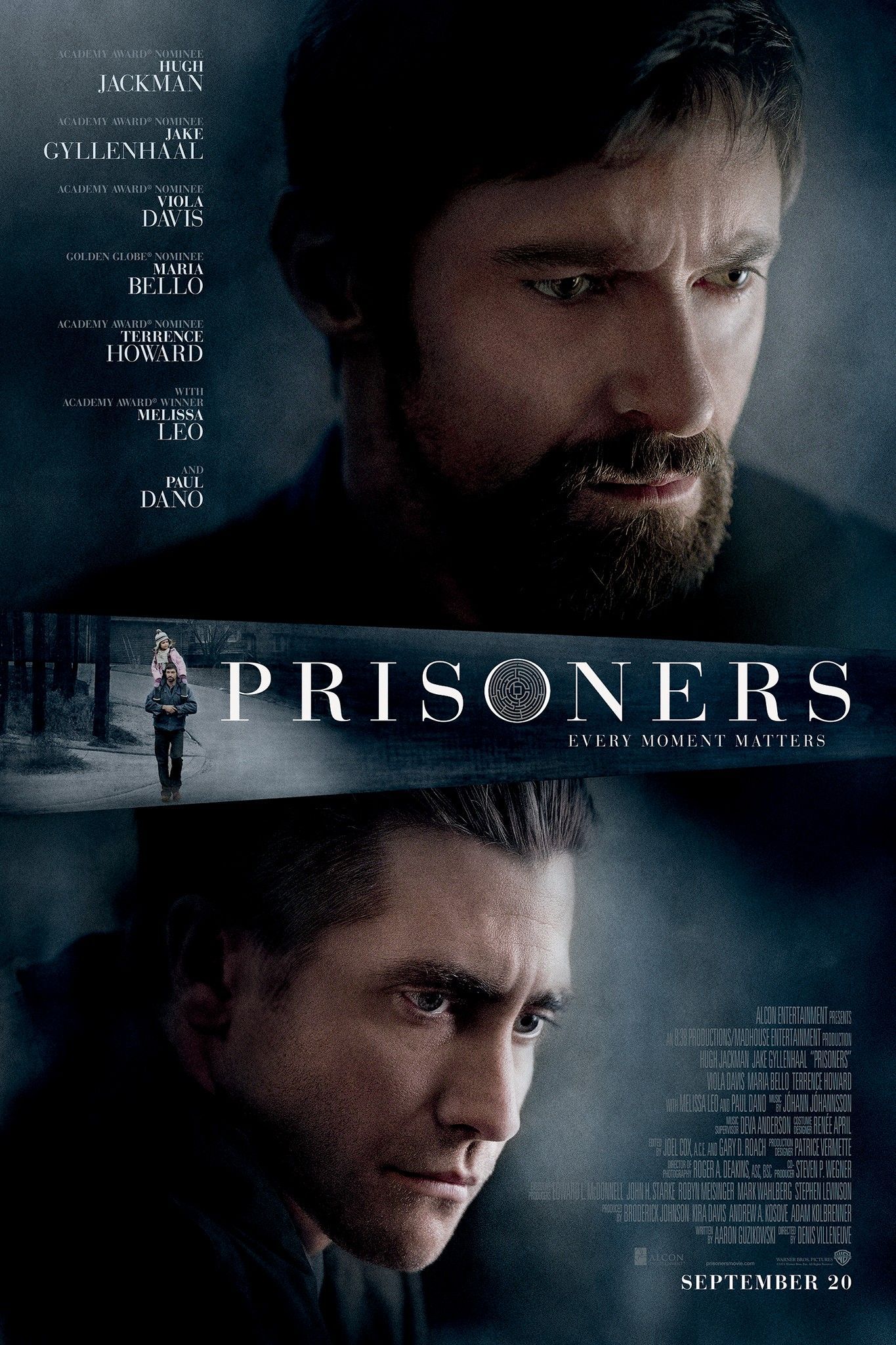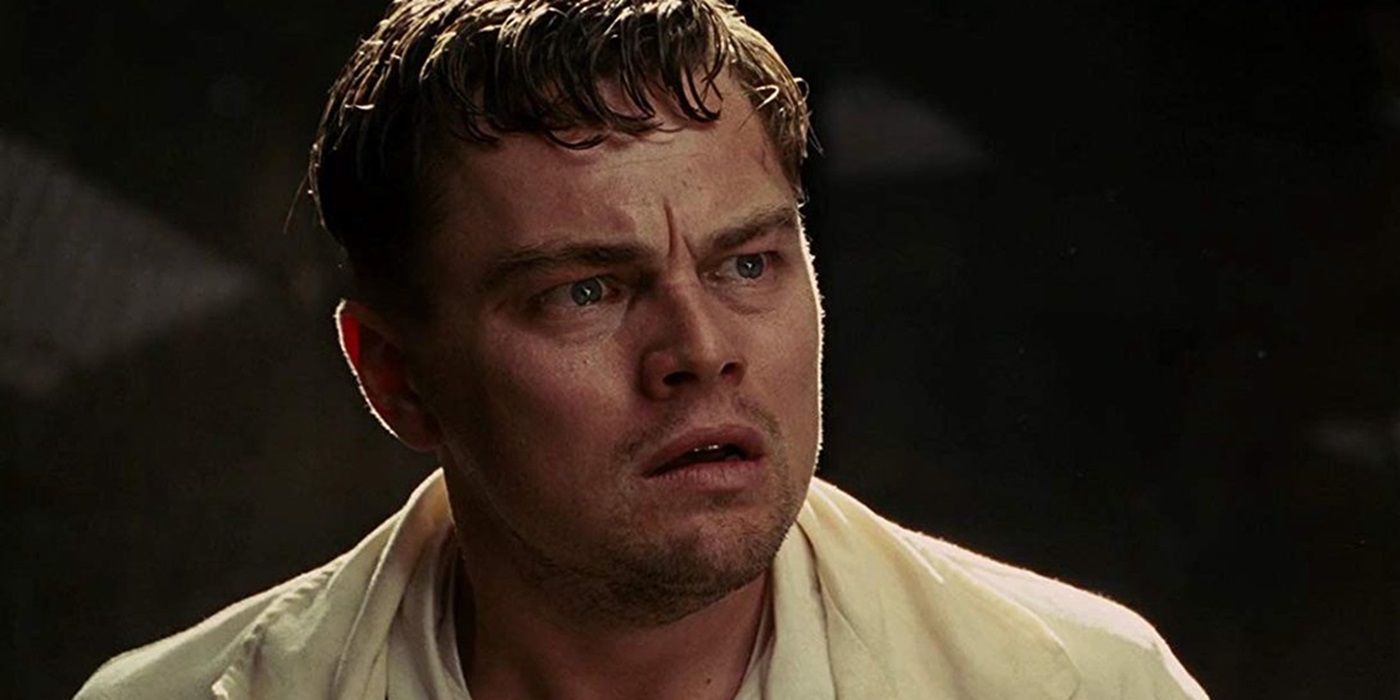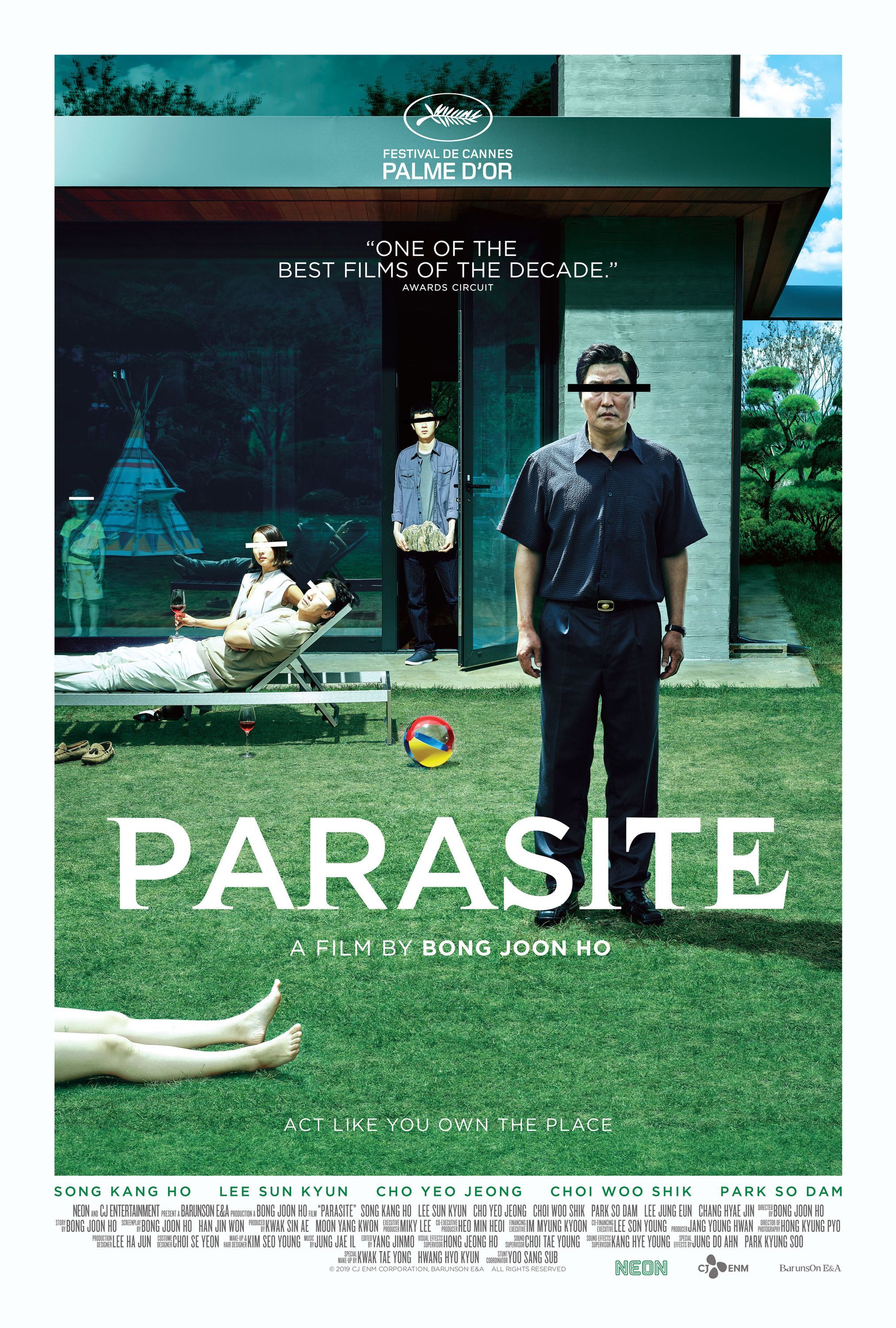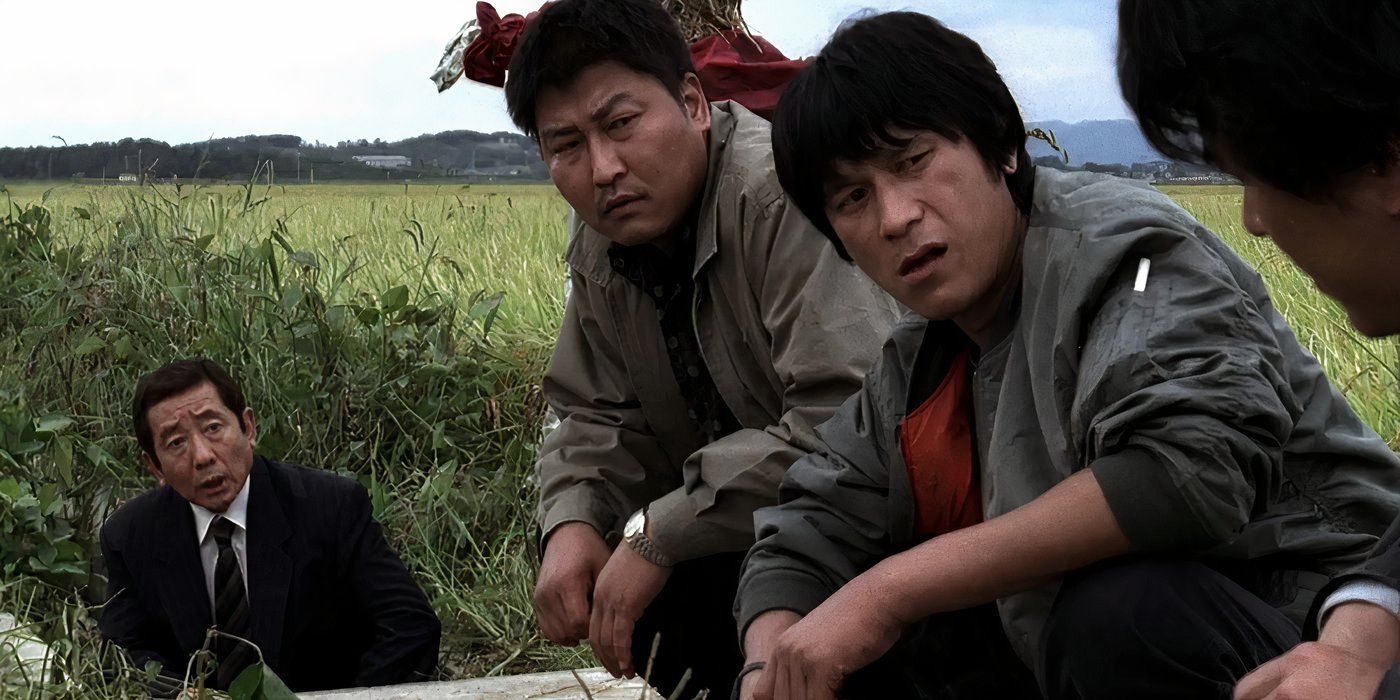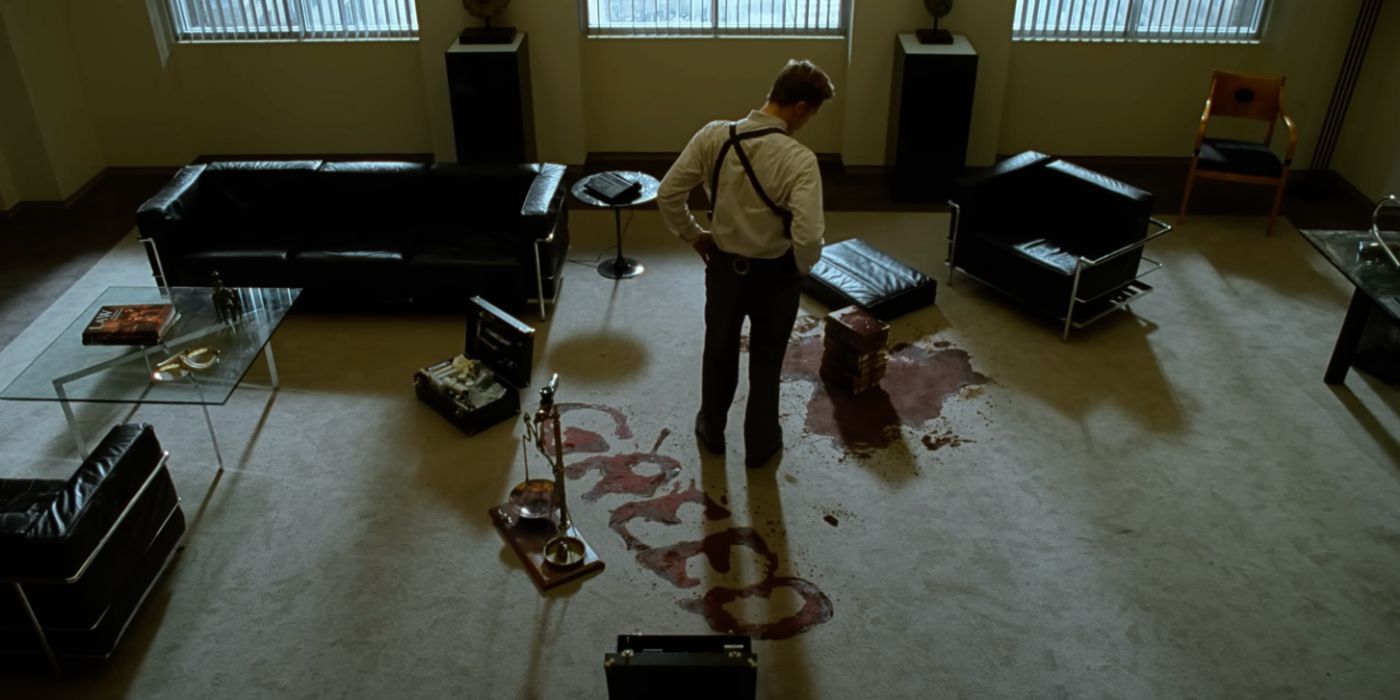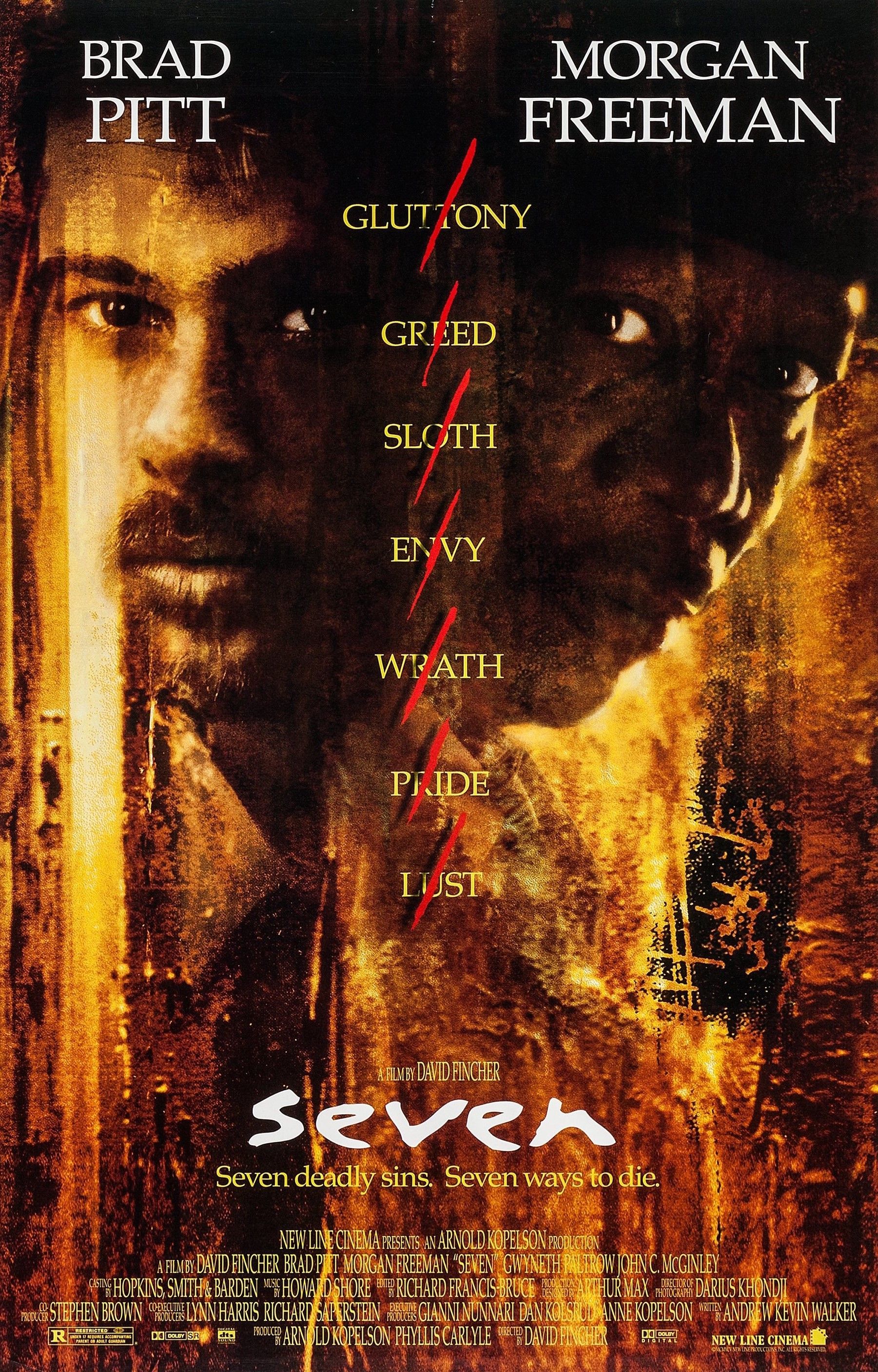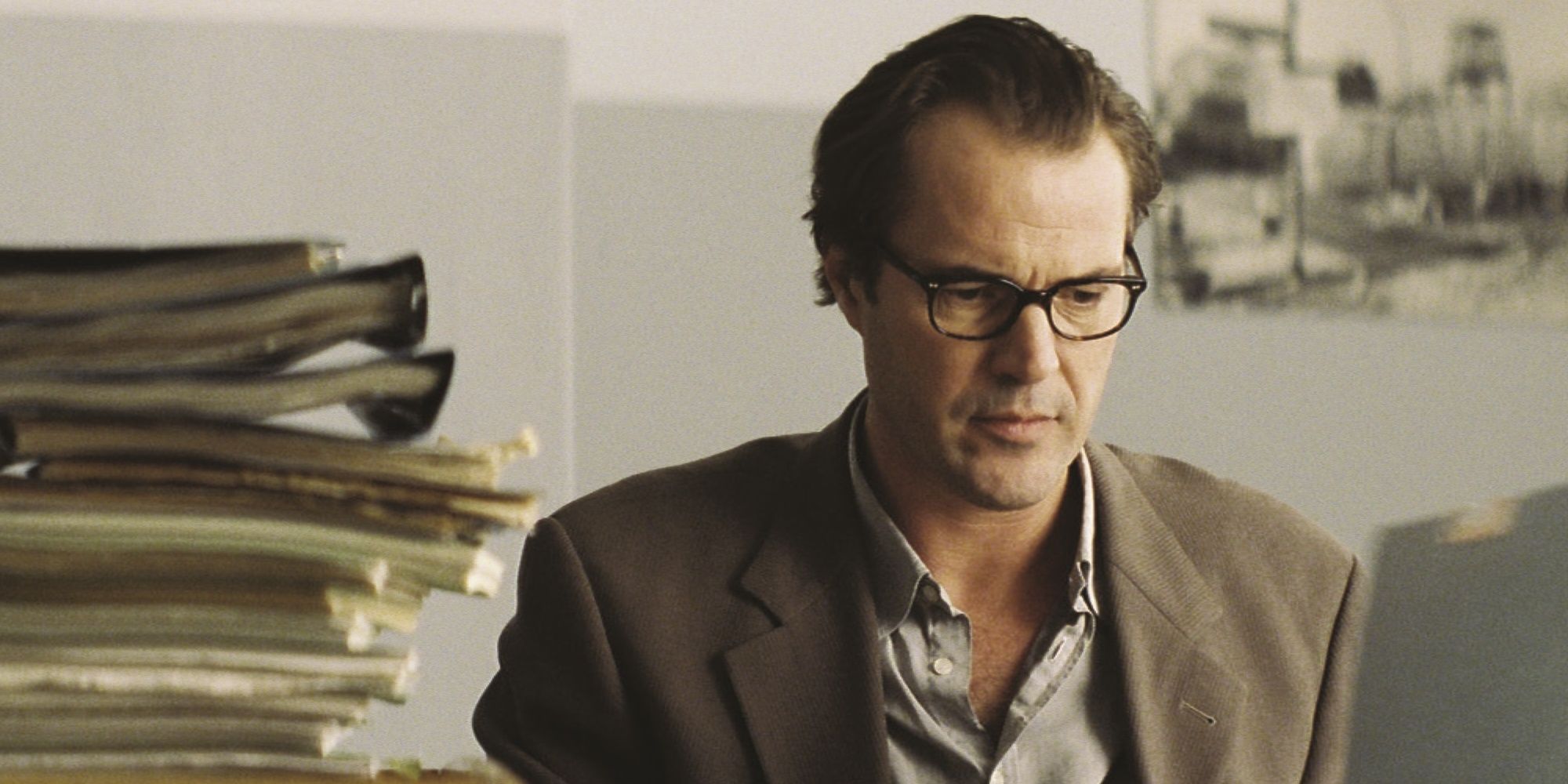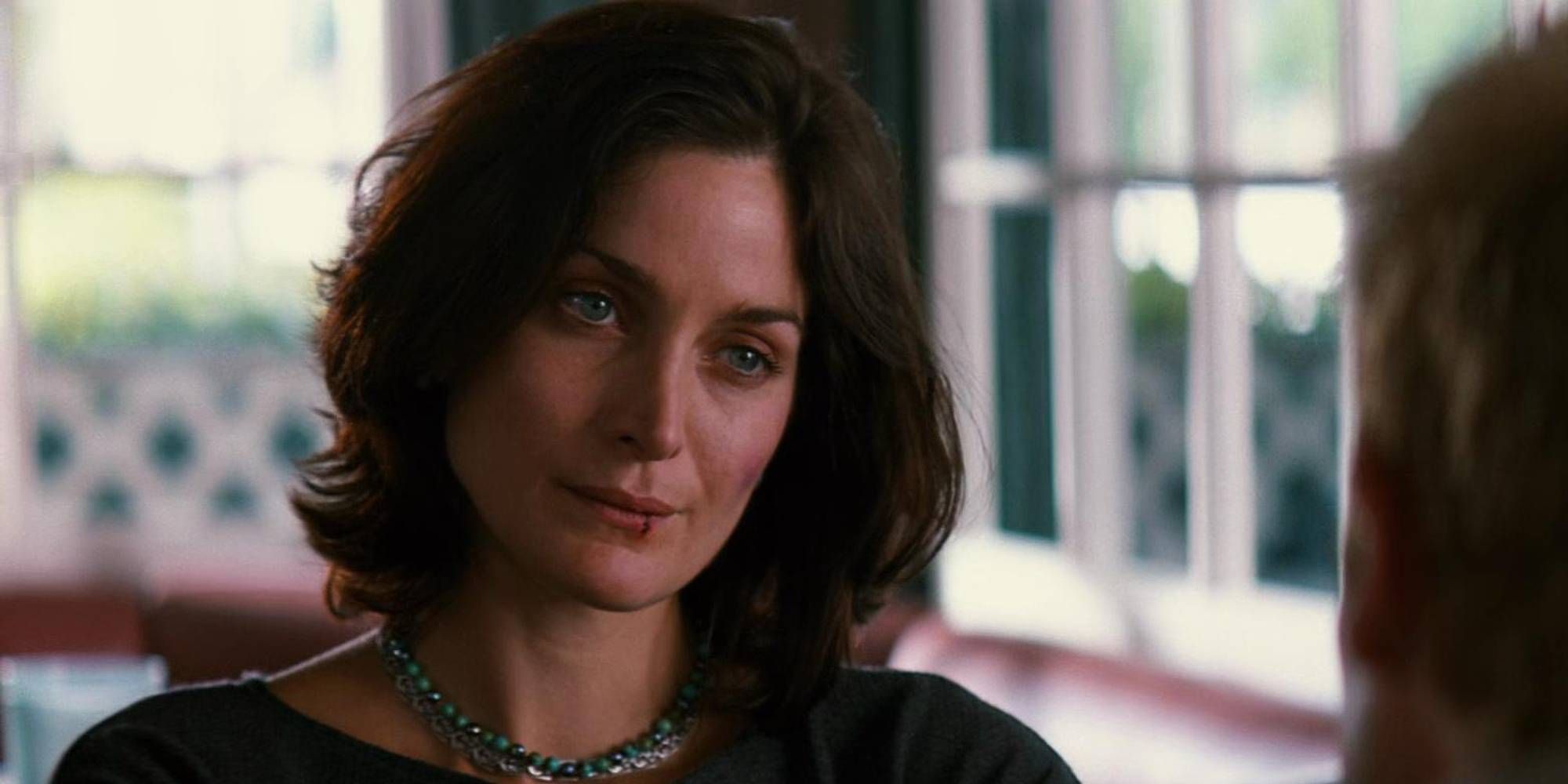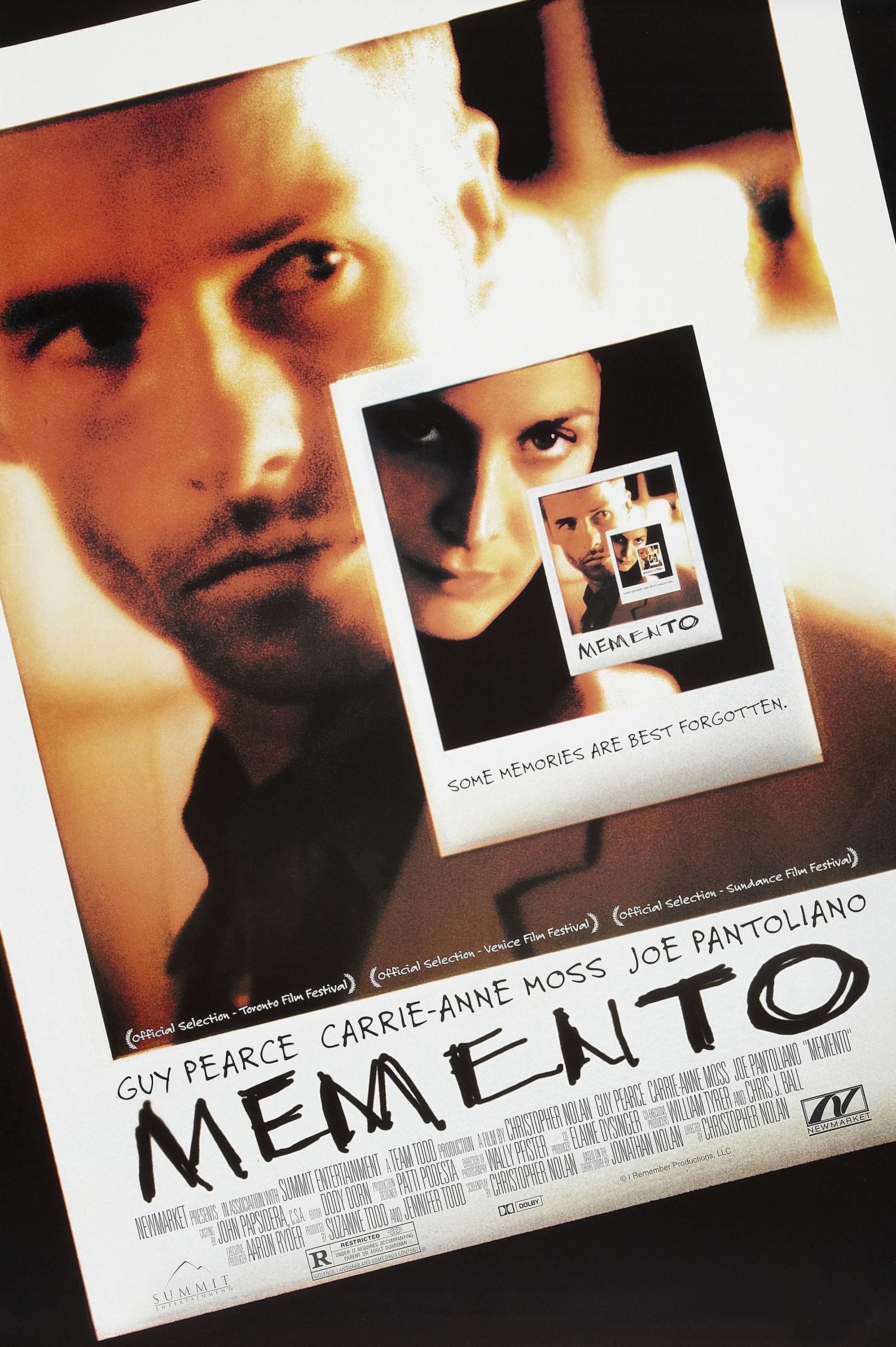
The best thrillers get under your skin. They play with perception, twist narratives until they snap, and leave the viewer haunted long after the credits roll. They become mirrors to our darkest impulses, and we can’t look away. The genre has existed since cinema’s beginnings, but the last thirty years have since its best filmmakers getting even more complex and ambitious with their stories.
With this in mind, this list ranks some of the must-see thrillers of the past three decades. These ten films span continents and cultures, from shadowy American cities to the rain-soaked alleys of South Korea. Though they vary in tone and content, each entry here is a masterclass in tension-building, narrative sleight of hand, and unforgettable performances.
10
‘The Talented Mr. Ripley’ (1999)
Directed by Anthony Minghella
“Whatever you do, however terrible, however hurtful, it all makes sense, doesn’t it? In your head.” Matt Damon leads this one as Tom Ripley, a young man with a talent for mimicry and a bottomless well of envy. When he’s sent to Italy to retrieve the wealthy and carefree Dickie Greenleaf (Jude Law), Tom becomes intoxicated by the extravagant lifestyle he’s only ever dreamed of. But fascination turns into obsession, and obsession twists into something far more sinister.
The Talented Mr. Ripley is a sun-drenched nightmare dressed up as a glamorous European vacation. It ranks among the very best adaptations of Patricia Highsmith’s work. Few thrillers manage to be this emotionally intricate and visually ravishing at the same time. Damon’s portrayal of Ripley is a career-defining achievement, equal parts seductive and pitiable; an Oscar-nominated Law is irresistible as the golden boy; and Anthony Minghella‘s direction deftly balances beauty and dread.
9
‘Nightcrawler’ (2014)
Directed by Dan Gilroy
“If you want to win the lottery, you have to make the money to buy a ticket.” Jake Gyllenhaal turns in one of his strongest performances here as Lou Bloom, an unsettlingly eager drifter who discovers the darkly lucrative world of crime journalism. He begins selling the grisly footage to a desperate local news station. But as Lou’s appetite for sensationalism grows, so too does his willingness to cross moral lines — or erase them entirely.
Nightcrawler is as gripping as it is grimy, a nocturnal noir that exposes the predatory nature of the media and the vulturous people who feed it. Gyllenhaal transforms himself physically and psychologically for the role. His gaunt frame and unblinking stare are almost reptilian. Yet his character is also darkly funny in his own absurd way. Finally, on the visual side, director Dan Gilroy frames Los Angeles as a playground of vice and ambition, capturing both the city’s gleam and grit.
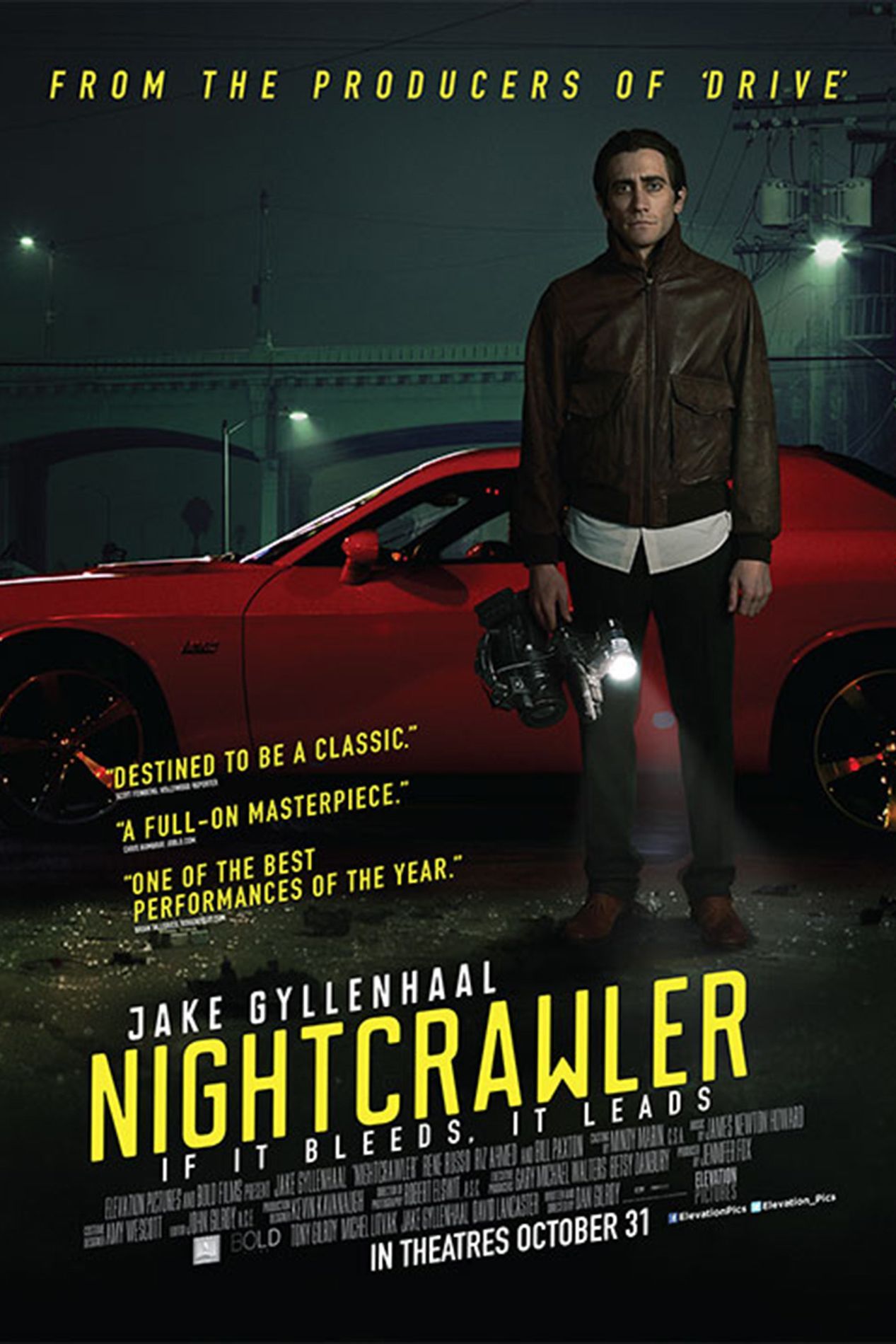
- Release Date
-
October 31, 2014
- Runtime
-
117 Minutes
- Director
-
Dan Gilroy
- Writers
-
Dan Gilroy
8
‘The Sixth Sense’ (1999)
Directed by M. Night Shyamalan
“I see dead people.” Bruce Willis plays against type in this one as Dr. Malcolm Crowe, a child psychologist haunted by a case he failed to resolve. His path crosses with Cole Sear (Haley Joel Osment), who confesses that he can see the dead. From here, The Sixth Sense plays out as a psychological drama shot through with scenes of pure horror, culminating in one of cinema’s most famous twists.
In the decades since, M. Night Shyamalan has become synonymous with storytelling gimmicks but, when The Sixth Sense first came out, its narrative misdirection was still fresh and daring. But scares and tricks aside, the movie is also just nuanced and human. It’s well-written and convincingly acted (both Willis and Osment are fantastic), boasting layered characters and a somber commentary on loss, connection, and unfinished business. In the end, The Sixth Sense is cathartic as well as creepy.
7
‘Prisoners’ (2013)
Directed by Denis Villeneuve
“Pray for the best. Prepare for the worst.” When two young girls vanish from a quiet Pennsylvania suburb, their families are plunged into a nightmare of uncertainty. Father Keller Dover (Hugh Jackman) refuses to wait for the police to deliver answers, taking matters into his own increasingly brutal hands. Meanwhile, Jake Gyllenhaal is Detective Loki, the enigmatic cop racing against time to solve the case.
This could have been a bog-standard police procedural, but Denis Villeneuve crafts Prisoners into a relentless exploration of parental desperation and moral compromise. On the aesthetic side, he tightens the screws with masterful precision, making every shadow and silence feel like a threat. The director refuses to moralize here or provide easy answers. Neither do the lead actors, both turning in impressively layered performances. The finished product is a brooding, morally thorny thriller that sinks its hooks in deep from the opening moments and refuses to let go.
6
‘Shutter Island’ (2010)
Directed by Martin Scorsese
“Which would be worse: to live as a monster, or to die as a good man?” Leonardo DiCaprio stars here as U.S. Marshal Teddy Daniels, sent to investigate the disappearance of a patient from a remote asylum for the criminally insane. But as he digs deeper, Teddy begins to suspect that something far more sinister lurks beneath the institution’s cold walls. Visions of his traumatic past bleed into the investigation, blurring the lines between reality and hallucination.
Basically, Shutter Island is a gothic psychological puzzle masquerading as a pulp detective story. Scorsese conjures a nightmarish atmosphere, suffused with stormy weather, shadowy corridors, and a creeping sense of dread. DiCaprio rises to the occasion with a fevered, desperate performance, pushing himself into new acting terrain. Once again, this is a movie that tends to be remembered for its twist, but really it’s much more than that. Shutter Island is a tale of unresolved trauma, of identities constructed only to be violently torn down.
5
‘Parasite’ (2019)
Directed by Bong Joon Ho
“You know what kind of plan never fails? No plan at all.” Parasite follows the Kim family, cunning and resourceful, as they infiltrate the lavish home of the wealthy Park family by posing as unrelated, highly qualified professionals. What begins as a clever grift quickly escalates into a tense battle of class warfare. Beneath its sharp humor and stylish veneer, Parasite cuts deep into societal divides, while always avoiding shallow political sloganeering. There are no clear villains or heroes here. The rich aren’t monsters, just insulated by their wealth. The poor aren’t saints, just survivors in a rigged game.
Thanks to Bong Joon Ho‘s deft touch, the movie becomes a genre-defying masterpiece that morphs effortlessly from dark comedy to biting social thriller. Parasite is somehow breezy, brutal, hilarious, and horrifying all at once. Genre elements are built up, then subverted, to the point that the viewer doesn’t know whether to laugh or recoil.
4
‘Memories of Murder’ (2003)
Directed by Bong Joon Ho
“There’s a reason they call it a ‘prime suspect.’ The prime one among many.” Before Parasite, Bong Joon Ho delivered this chilling procedural based on South Korea’s first known serial murders. Memories of Murder follows two detectives — the bumbling local cop Park Doo-man (Song Kang-ho) and the methodical Seoul import Seo Tae-yoon (Kim Sang-kyung) — as they attempt to unmask a killer targeting women in a rural province. As the bodies pile up, so do the dead ends, false confessions, and crushing frustration.
During the first act, there’s a darkly comic tone as the police bumble their way through the investigation, making for a satire of bureaucratic dysfunction. But then things become grimmer and melancholy, and the sense of dread mounts. During the final stretch, Bong weaponizes ambiguity, crafting an icy finale that offers no catharsis, no clever solution, no relief in knowing. Memories of Murder is the rare thriller that lingers, not for what it reveals, but for what it leaves unsaid.
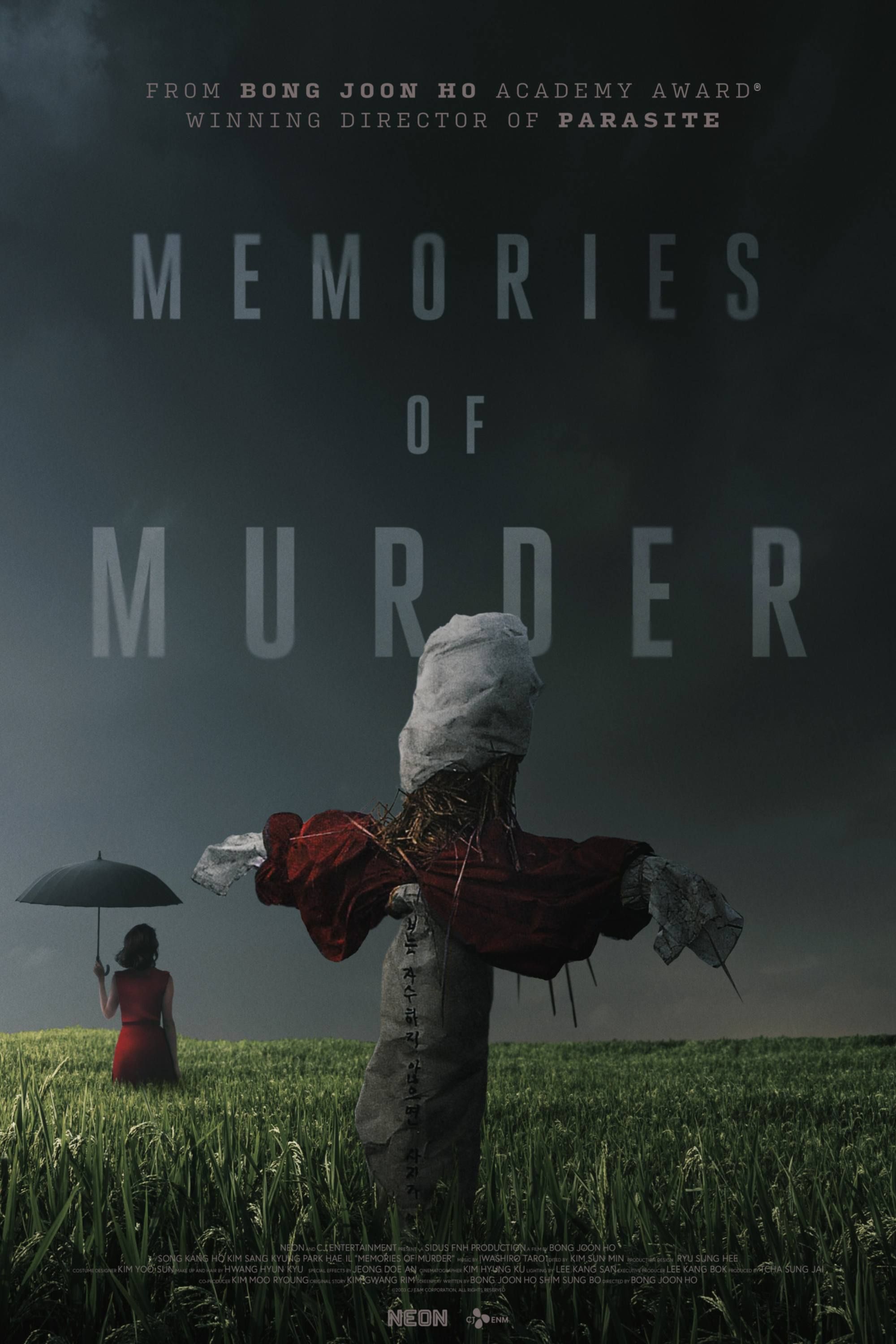
- Release Date
-
May 2, 2003
- Runtime
-
132 Minutes
- Director
-
Bong Joon Ho
- Writers
-
Bong Joon Ho, Kwang-rim Kim, Sung-bo Shim
3
‘Se7en’ (1995)
Directed by David Fincher
“What’s in the box?!” Brad Pitt and Morgan Freeman have top billing here as Detectives Mills and Somerset, a rookie and a veteran respectively, hunting a sadistic killer who stages murders according to the seven deadly sins. The crimes become increasingly grotesque, each tableau a grotesque moral allegory designed to horrify and provoke. From here, David Fincher keeps ratcheting up the darkness and tension.
An oppressive atmosphere soaks every frame in dread, with claustrophobic urban decay and relentless rain mirroring the moral rot at the heart of the story. Pitt’s hotheaded idealism and Freeman’s weary pragmatism make for a compelling dynamic, but it’s Kevin Spacey’s chilling turn as John Doe that seals the film’s place in thriller history. Finally, narrative-wise, the infamous climax is a gut-punch that still reverberates decades later. All this adds up to one of the most nihilistic thrillers ever; a film that stares unblinkingly into the abyss.
2
‘The Lives of Others’ (2006)
Directed by Florian Henckel von Donnersmarck
“To think that people like you used to run a country.” A more historically grounded thriller, The Lives of Others unfolds in East Germany before the fall of the Berlin Wall. Ulrich Mühe stars as Gerd Wiesler, a stoic Stasi officer tasked with surveilling a playwright suspected of subversion. As Wiesler listens in on the intimate details of his target’s life, he becomes unexpectedly entangled in their emotional world, and cracks begin to form in his icy professional exterior.
Exploring similar ideas to The Conversation, the movie smartly explores themes of privacy, oppression, and the redemptive power of art. It’s a haunting portrait of state surveillance and the corrosion of trust, but it’s also a story about the power of human connection. It asks difficult questions, its horrors firmly rooted in the real world. The Lives of Others is urgent stuff; rarely has a film so effectively intertwined suspense with such profound emotional weight.
1
‘Memento’ (2000)
Directed by Christopher Nolan
“I have to believe in a world outside my own mind.” Christopher Nolan‘s real feature debut landed like a thunderbolt, announcing his cerebral talents and immediately etching itself into thriller history. Guy Pearce does the heavy lifting as Leonard Shelby, a man suffering from short-term memory loss who is on a mission to avenge his wife’s murder. Memento unfolds in reverse chronological order, forcing the audience to experience Leonard’s disorientation firsthand.
The film is a masterclass in narrative innovation, wielding its reverse structure not as a trick but as an essential window into its protagonist’s mind. It engages both the heart and the mind, leaving you reeling as you piece together the fragments of its fractured narrative. Nolan’s meticulous craftsmanship and Pearce’s tortured performance elevate Memento beyond a mere puzzle into something much more enduring: a meditation on memory, grief, and the fictions we create to survive. Brilliant, intelligent, audacious.
Discover more from imd369
Subscribe to get the latest posts sent to your email.
